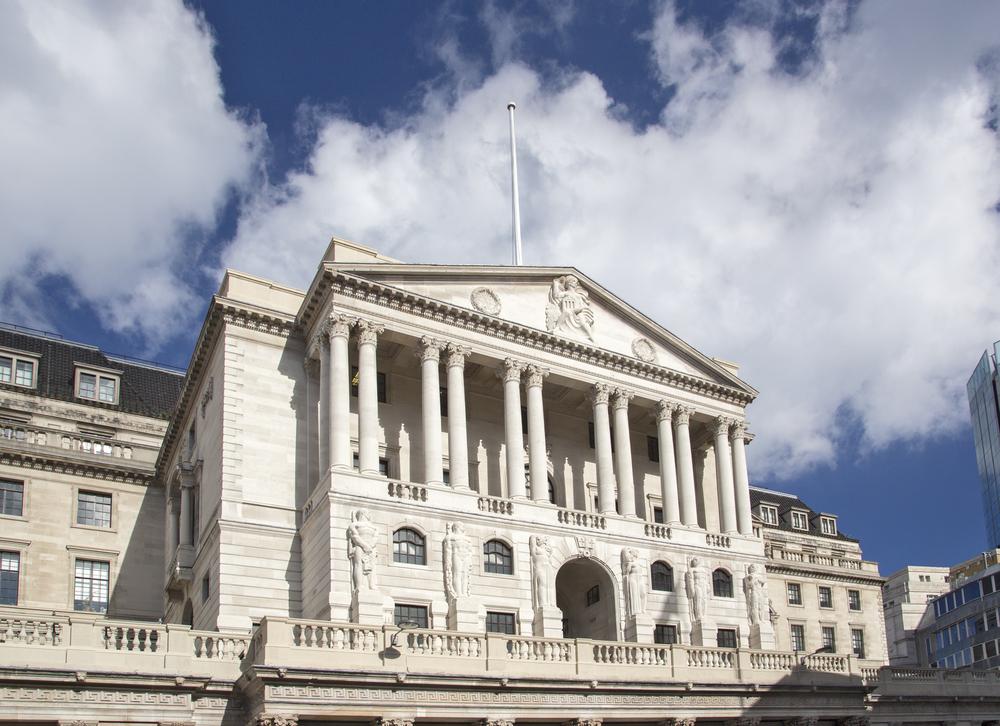The Bank of England have decided to cut interests rates in an emergency move to combat the current coronavirus epidemic.
Legislators at the Central Bank decided to lower interest rates from 0.75% to 0.25% – a large cut considering increments are normally made in steps of 0.25% either way.
The current state of affairs with the coronavirus has left British and global business on the back foot – notably the FTSE 100 has dropped to twelve month lows whilst many British businesses have reported that results have taken a beating since the outbreak of COVID-19.
The Bank of England noted that the cut in interest rates would free up billions of pounds to help banks support firms and also give some market stability.
Mark Carney, the current governor said – “The Bank of England’s role is to help UK businesses and households manage through an economic shock that could prove large and sharp, but should be temporary,”
The actions today are designed to have ‘maximum impact’ and the hope remains that this should give businesses a small boost in the short term.
The coronavirus is now at its’ peak – with many more cases being reported by the day in both the UK and Europe.
England has not been the worst affected, as the Italian Government has enforced legislation which has banned mass gatherings and placed Milan on lockdown.
A few weeks back, many were relaxed about the coronavirus situation – suggesting that the worst of troubles had passed, however this was far from true.
Six people have now reportedly died from the coronavirus in the UK – and a total of 382 cases have been recorded.
Businesses, peoples and even football matches are now being played behind closed doors or being postponed – notably Manchester CIty’s blockbuster clash with Arsenal has been delayed due to the outbreak of the coronavirus, described as a ‘precautionary measure’.
The Bank of England said that turbulence across global financial markets had led to the decision made today, and policymakers are set to unveil a £100 billion scheme which will benefit the British people in allowing them to take full advantage of the interest rate cut.
There will be a larger focus on SME’s – as the Bank of England said this injection will “help UK businesses and households bridge across the economic disruption that is likely to be associated with COVID-19”.
Market analysts and traders have seemed keen on the decision to cut interests rates – however the long term effectiveness might be in question.
Richard Flax, Chief Investment Officer at Moneyfarm, comments: ‘The decision by the Bank of England to cut interest rates was a predictable but sensible monetary policy response. It remains to be seen how effective it will be in terms of lowering borrowing costs in the economy, given the low starting level of rates. However, it does represent a clear signal to financial markets that policy makers are willing to act decisively and we expect to see more policy measures, both in regards to fiscal and monetary policy, in the near future.‘
As the UK economy now faces on of its’ toughest battles since the financial crisis a decade ago – the outbreak of the coronavirus presents a new set of challenges.
Rishi Sunak, the Chancellor is set to unveil his new budget later today – and he has mentioned the need for universal support and extra funding into the NHS at a time where health services are in crisis.
James McManus, chief investment officer, Nutmeg, said: “While a cut to interest rates is bad news for cash savers, who have already endured historically low interest rates for a number of years, it will be welcome news for borrowers and financial markets. Investors had expected the Bank of England to cut rates by 0.5% at their March 26th meeting, and this emergency cut brings forward the decision following suit from the US central banks’ move on March 3rd. The cut to interest rates, in addition to the other measures announced today to ensure companies can continue to access credit cheaply, means this is a significant stimulus package. However, the market may quickly move to price in more given the outlook. Global growth expectations have come under renewed pressure as the outbreak of Covid-19 accelerates, and, as global stock markets begin to feel the full effects of market uncertainty, expectation for central banks to step in and act has increased.”




